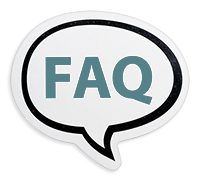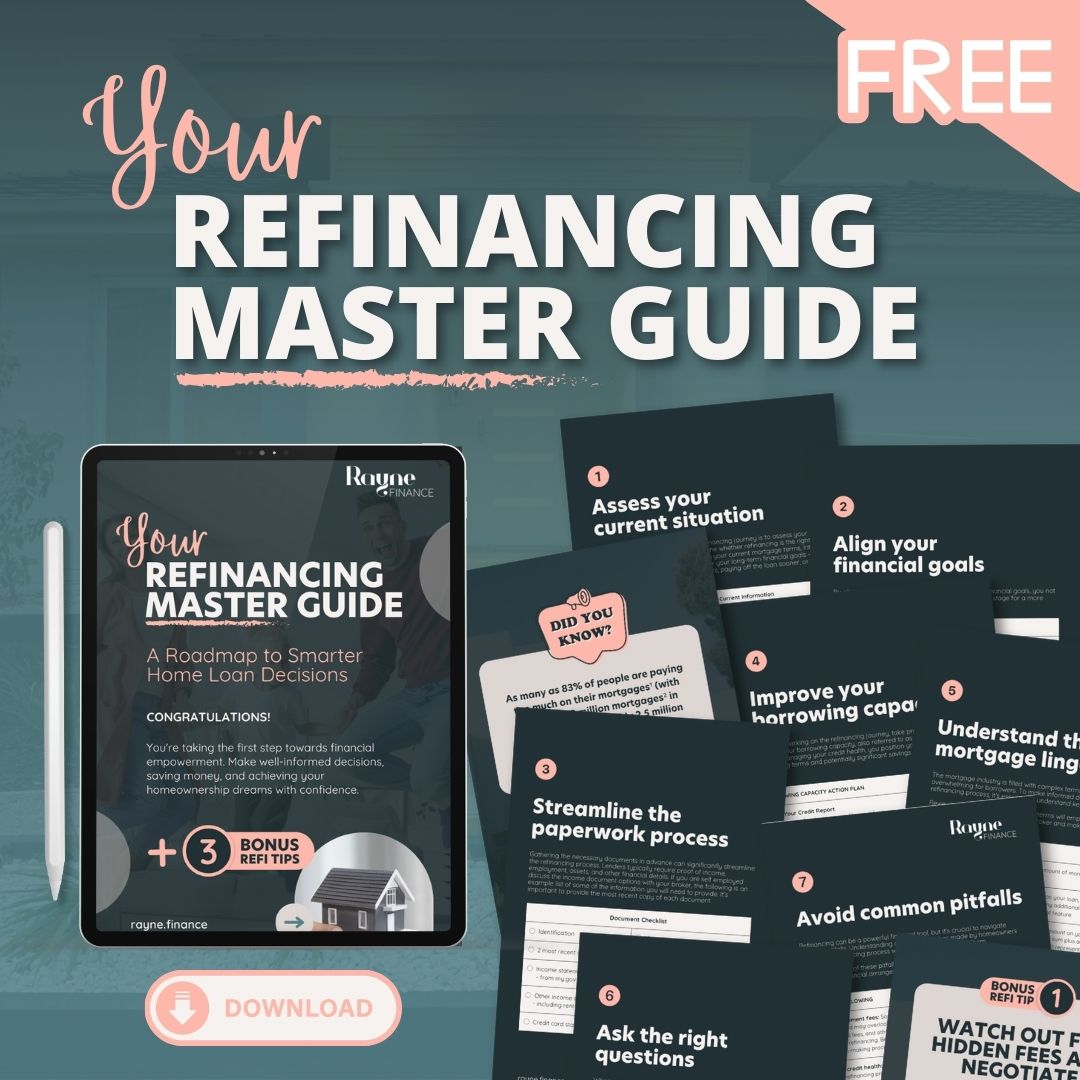Instead of full financial statements, lenders typically accept business activity statements (BAS), bank statements and accountant declarations to assess a borrower’s ability to repay the loan. However, these loans often come with stricter lending conditions, including higher deposit requirements – usually at least 20% – and potentially higher interest rates to offset the perceived risk to the lender.
When should a low-doc loan be considered?
- Low-doc loans aren’t a first-choice solution, but they can be useful in specific situations, such as:
- Recently self-employed borrowers who don’t yet have two years of tax returns but have a stable income.
- Business owners with irregular income who don’t meet standard loan assessment criteria.
- Clients who minimise taxable income for tax purposes, making traditional income verification difficult.
- Investors who need quick financing but don’t have up-to-date financial statements.
Credit requirements and deposit considerations
Low-doc loans don’t have a universal minimum credit score; instead, lenders assess each borrower’s risk profile individually. A good credit score helps secure better terms, but lenders also consider factors like deposit size and financial stability. In most cases, a higher deposit – typically 20-30% – is required compared to standard home loans.
To improve borrowing options, clients can take proactive steps to strengthen their credit profiles, such as making timely payments, reducing credit card balances and limiting new credit applications. Checking credit reports for errors and maintaining a strong financial history can also help improve lending outcomes.
Finding the right loan solution
While low-doc loans are available – particularly through non-bank lenders that specialise in working with self-employed borrowers – they should only be considered when other options aren’t viable, due to the higher interest rates and fees. Each lender has different requirements, so exploring various lenders is key to finding a suitable loan.
Licensing statement: Rayne Finance ABN [70 605 100 838] is authorised under LMG Broker Services Pty Ltd Australian Credit Licence 517192. Disclaimer: (1) As with any financial scenario there are risks involved. This information provides an overview or summary only and it should not be considered a comprehensive analysis. You should, before acting in reliance upon this information, seek independent professional lending or taxation advice as appropriate and specific to your objectives, financial circumstances or needs. This publication is provided on the terms and understanding that: (2) LMG Broker Services Pty Ltd, Rayne Finance (Seed Lending Pty Ltd) and the authors, consultants and editors are not responsible for the results of any actions taken on the basis of information in this publication, nor for any error in or omission from this publication. (3) LMG Broker Services Pty Ltd, Rayne Finance (Seed Lending Pty Ltd) and the authors, consultants and editors, expressly disclaim all and any liability and responsibility to the maximum extent permitted by the law to any person, whether a purchaser or reader of this publication or not, in respect of anything, and of the consequences of anything, done or omitted to be done by any such person in reliance, whether wholly or partially, upon the whole or any part of the contents of this publication.
Explore other FAQs and Facts
Federal Budget 24/25 – what does it mean for you?
Discovering the impact of the 2024/2025 Federal Budget is vital in navigating the current economic landscape. With a focus on addressing the cost-of-living crisis and bolstering the construction sector, measures such as infrastructure investment, rent assistance, and tax cuts aim to alleviate financial burdens and stimulate growth.
How a broker guides your way to owning your first home
Dreaming of your first home? A mortgage broker can be your guiding light. From assessing your borrowing capacity to breaking down costs and exploring deposit options, they make the journey smoother. With their expertise, owning your dream home in Australia becomes not just a dream, but a tangible goal.
5 things to keep in mind before refinancing
Considering refinancing your home loan? While securing the lowest interest rate is tempting, it’s vital to assess beyond that. Lenders vary in serviceability criteria, fees, turnaround times, and lending criteria. Additionally, explore promotions and consider restructuring your loan for optimal outcomes. Learn 5 key factors to save time and money.
How to calculate your equity
If you’ve owned your home for some time, you likely have built up equity—a valuable asset. Equity represents the difference between your home’s value and what you owe on your mortgage. Understanding this figure can empower you financially and open up opportunities for leveraging your home’s value.
7 ways to maximise your returns as a property investor
If you’re looking to maximise returns as a property investor, strategic decisions are key. From choosing the right location to savvy renovations, each step impacts your bottom line. And don’t forget about refinancing—regularly reviewing your home loan could unlock significant savings.
March cash rate held – why are buyers feeling more confident?
Following the Reserve Bank of Australia’s decision to keep the cash rate steady at 4.35%, there’s speculation about future cuts amid economic indicators showing weakness. However, rising buyer confidence and strong property growth, especially in housing, continue to drive the market forward.
When was your last home loan health check?
Is your home loan still serving you as it should? Over time, circumstances shift, potentially rendering your loan less than ideal. A home loan health check, conducted by your finance broker, ensures your loan remains competitive and aligned with your needs. It’s a stress-free process, offering potential savings and improved features, all at no cost to you.
What happens when your fixed rate term ends?
Fixed rate terms, typically lasting one to five years, define your loan’s interest stability. As this period concludes, your loan may shift to a variable rate unless you opt otherwise. Prepare by discussing potential rates and options with your mortgage broker. Consider repricing or refinancing for better terms, mindful of associated costs.
8 Ways to Strengthen Your Loan Application
Looking to bolster your loan application’s chances? Here are 8 practical steps to enhance your creditworthiness and secure that approval. From reviewing your spending to consolidating debts, each strategy is aimed at strengthening your financial profile.
What is Mortgage Refinancing and how does it work?
Refinancing your mortgage can be a strategic move to secure a lower interest rate, switch loan types, or consolidate debts. However, it’s crucial to weigh the potential benefits against costs like exit fees and taxes. Consulting a mortgage broker can help you navigate the process and determine if refinancing is the right choice for your financial situation.














